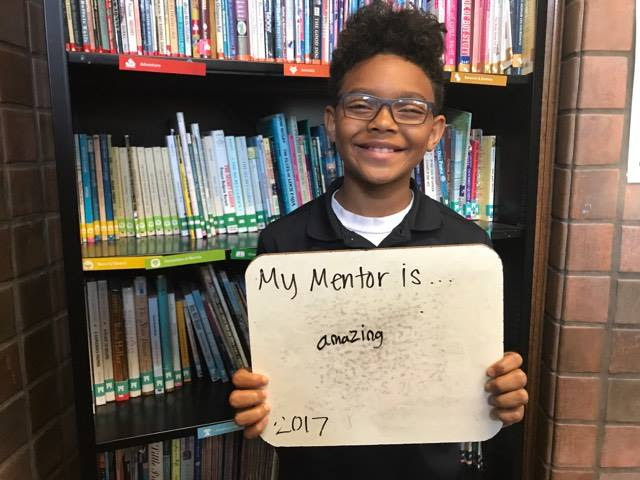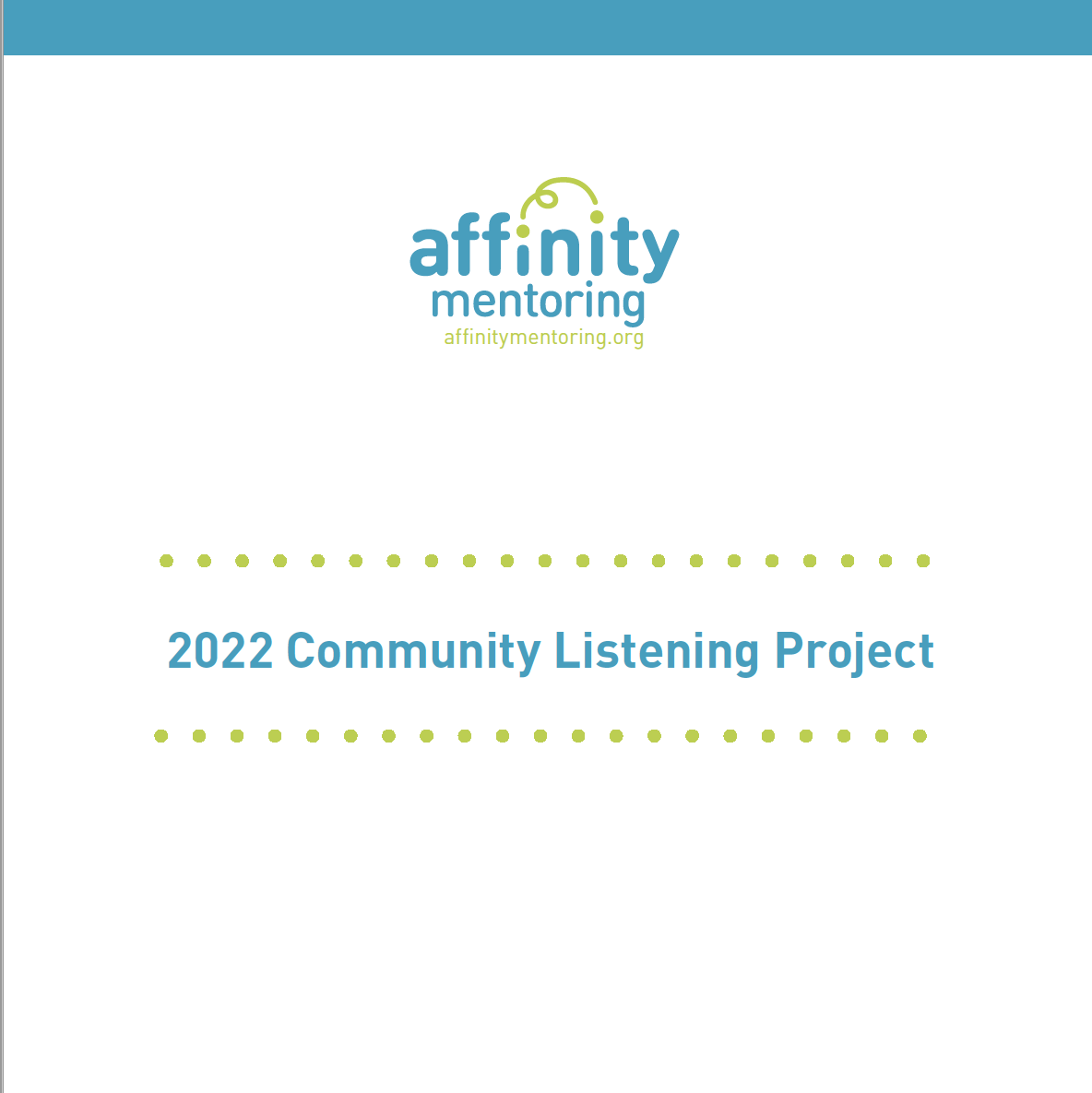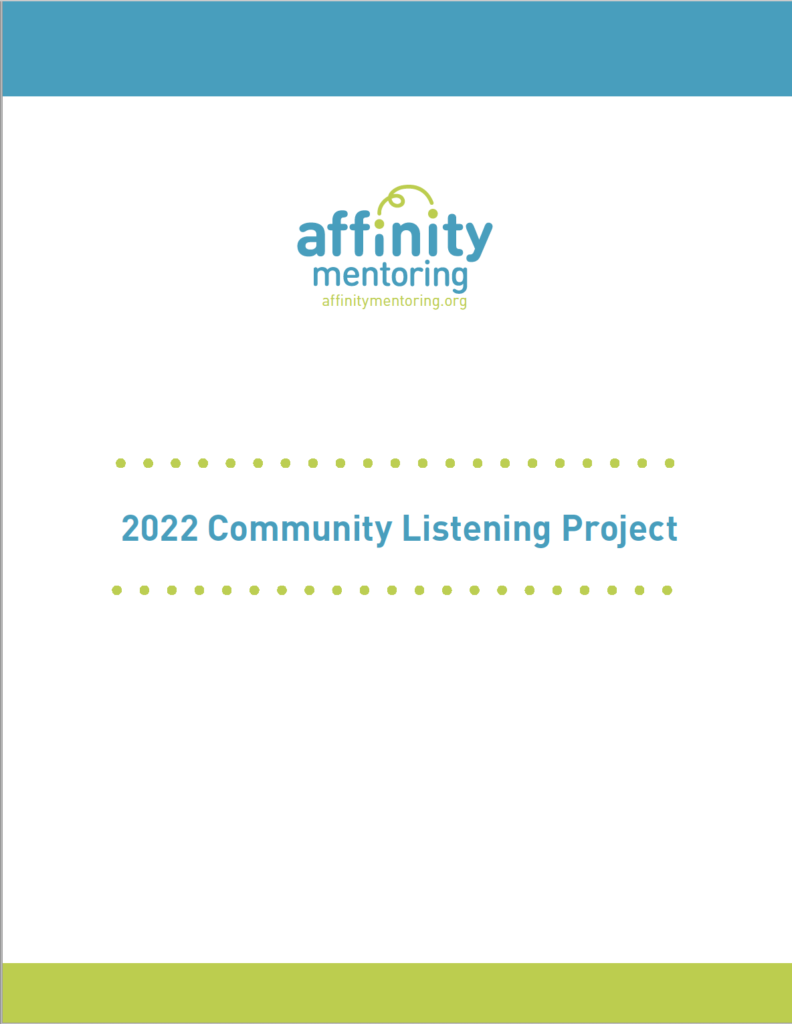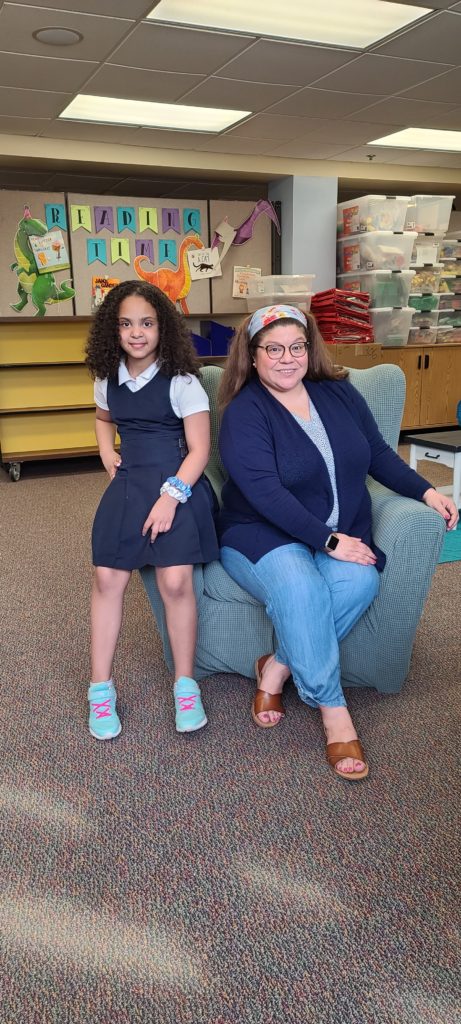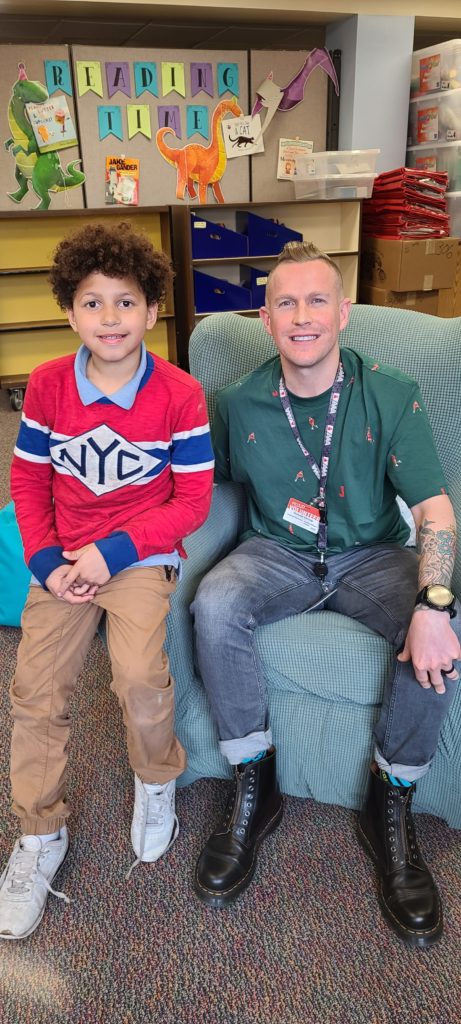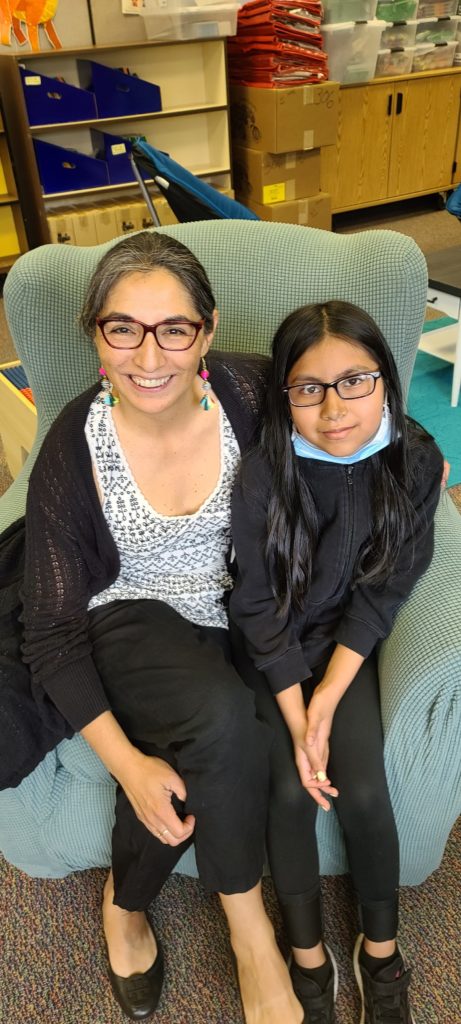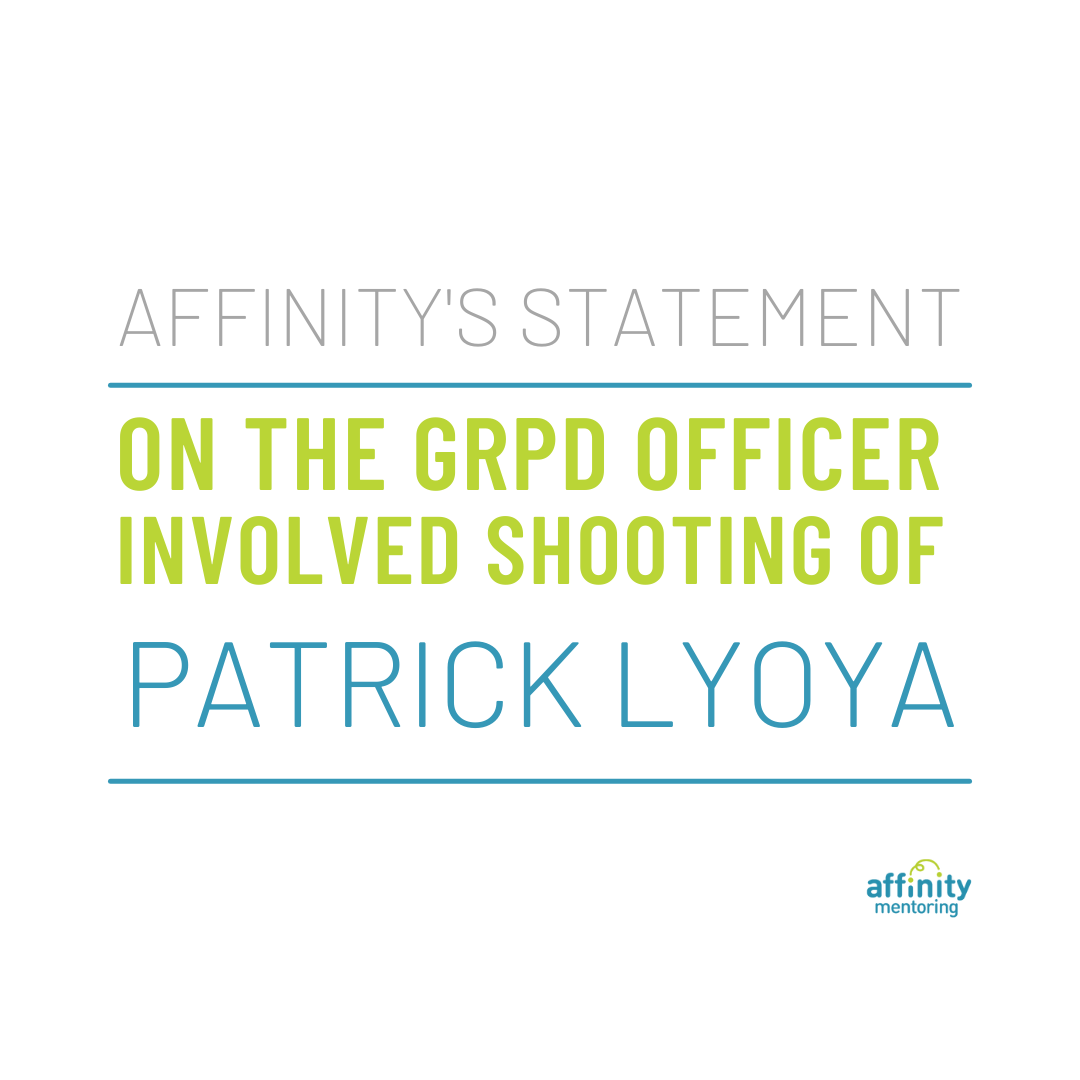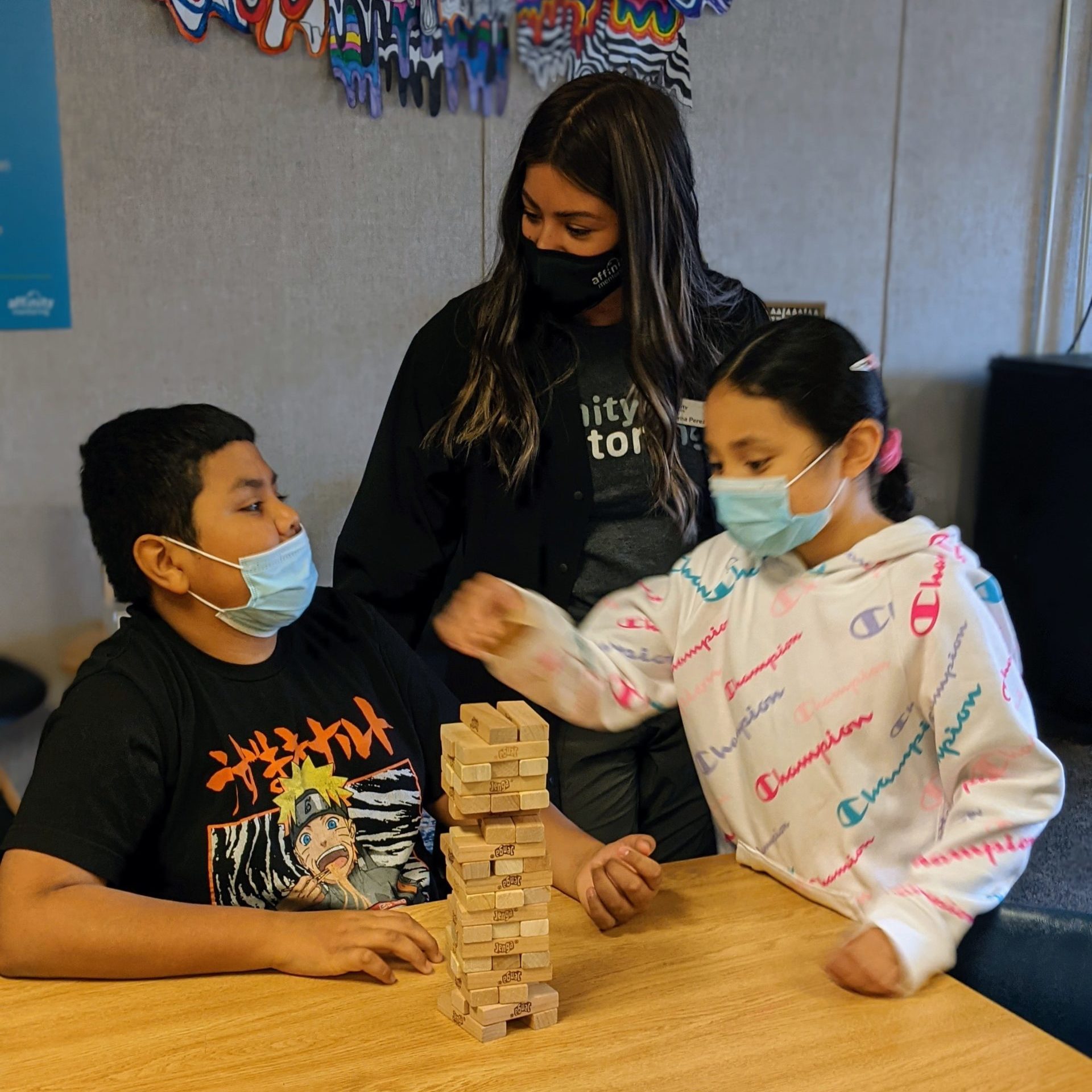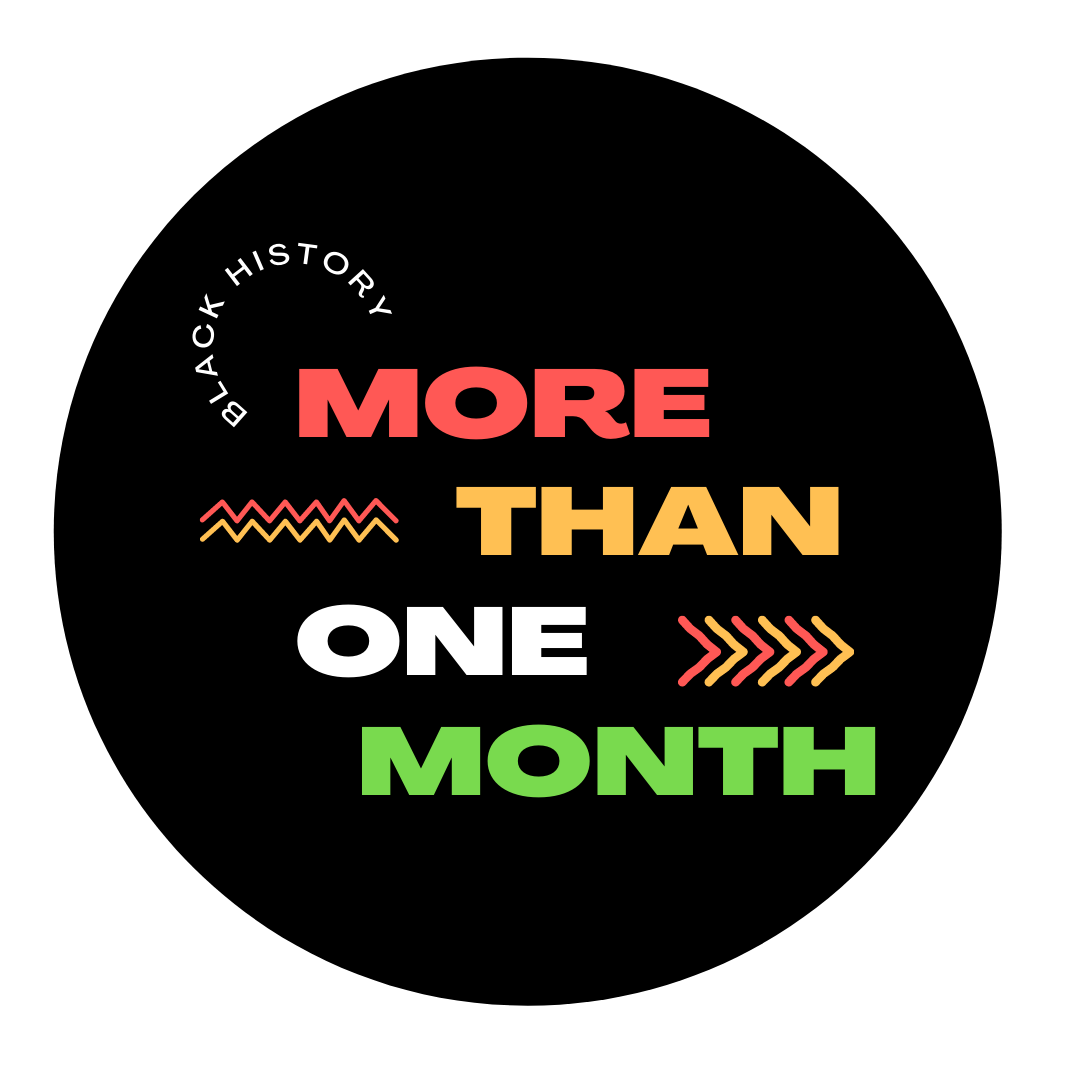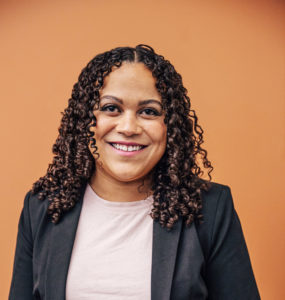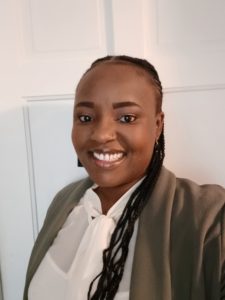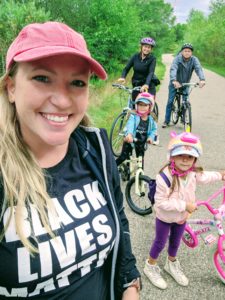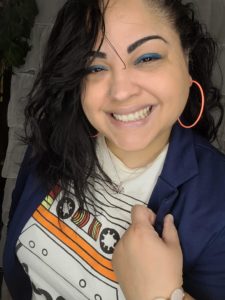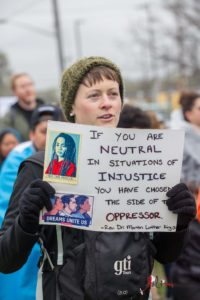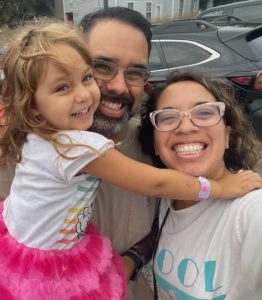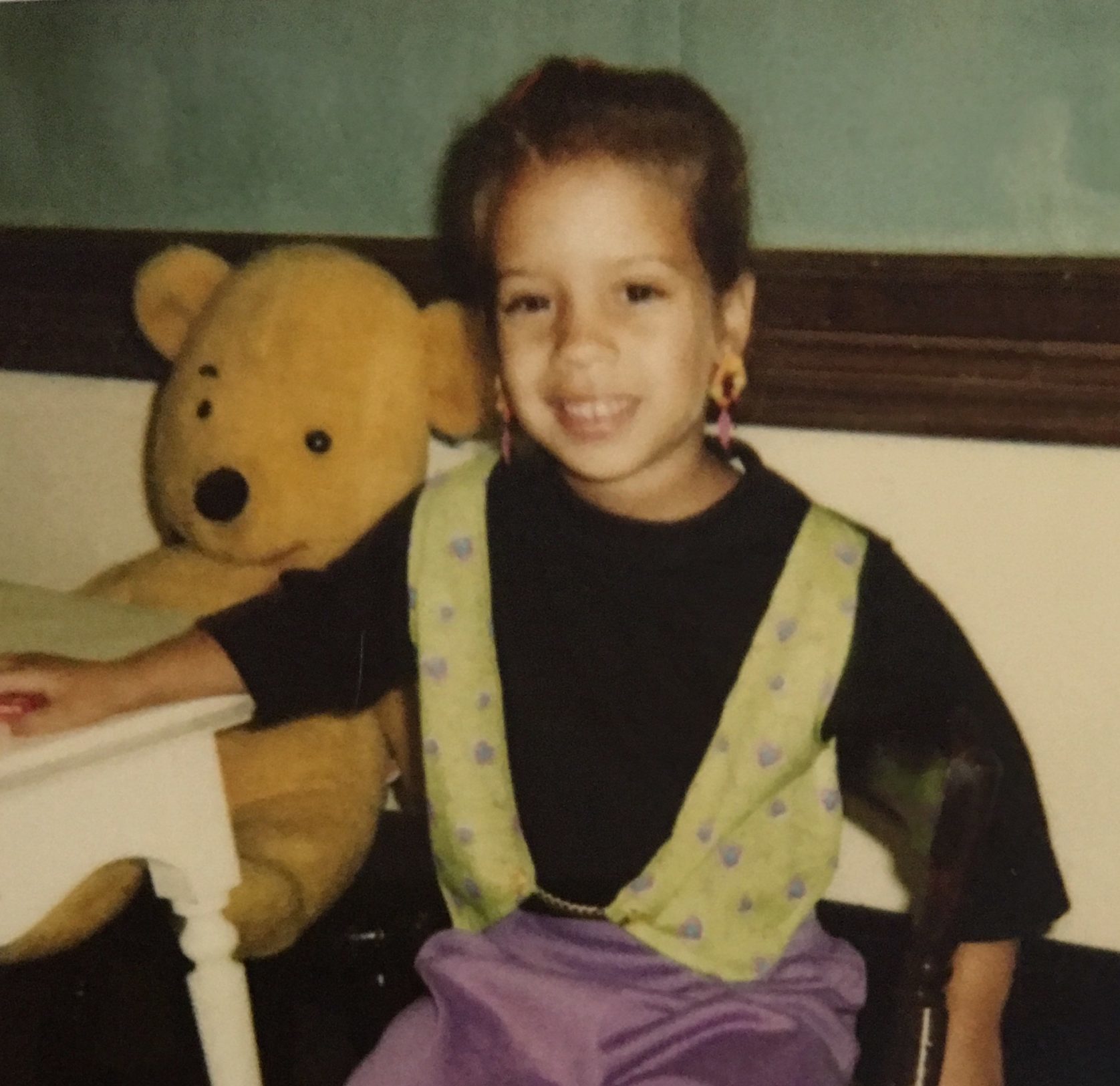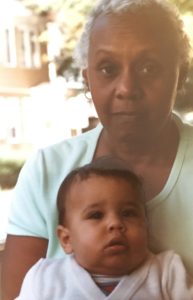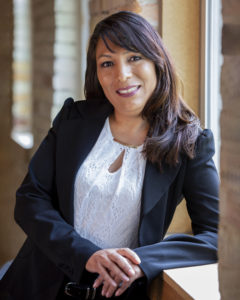March 2022 | By Cassandra Kiger
We love to get feedback from our partners, mentees, mentors, and families, and we take it very seriously. We have had some very valid questions over the past few years about whether or not Affinity Mentoring is creating a mission drift* by putting resources and energy into our diversity, equity, and inclusion (DEI) specific work.
*A mission drift is when an organization uses resources and time to invest in work that, while it may be generally positive or neutral, is not within the direct mission and vision of the organization.
Individuals have noted that we have put time and resources into focusing on specific DEI related topics in our blogs, social media pages, newsletters, staff and mentor training, events, Mentor Centers, and more. So, we can agree that, yes, we are contributing a LOT of time, energy, and resources into our DEI work. The question remains, then, does it directly impact our mission, or is it a waste of resources? Shouldn’t we, after all, just focus on the really important parts of mentoring?
In this blog we will demonstrate the importance of DEI related work and how it is vital to our mission. A few highlights include:
1. Research shows that an essential component to the healthy development of adolescents of color is their ethnic/racial identity.
2. Ninety-six percent of students and families in the schools we currently have mentoring in identify as people of color, including students who participate.
3. We acknowledge race and ethnicity are not the only parts of our identity. In future school years we will continue to focus on the incredible importance that mentoring can have on various facets of student identity development, such as gender, neurodivergence, religious, and differently abled identities.
Affinity Mentoring Mission, Vision, & Data Collection
To begin, our Mission is to facilitate equitable growth in academics, social emotional skills, and self-esteem through mutually beneficial mentoring relationships. We believe in cultivating a brave space that amplifies the voices of young agents of change in a diverse and inclusive community.
Our Vision is to be a leading nonprofit for fostering belonging alongside young people, families, and community.
We recognize that some of the goals of our mission and vision statements are easier to calculate than others, academics being easier, social emotional skills, self esteem, and belonging being a bit harder. However, we have worked incredibly hard to outline and implement a thorough annual data and evaluation plan to ensure we are actually meeting the goals of our mission and vision. This includes the Developmental Assets Profile which, among other things, helps us to measure whether students in our mentoring program:
- believe in their own self-worth and feel that they have control over the things happening around them;
- feel surrounded by people who love, care for, appreciate, and accept them, and
- feel valued, valuable, and safe.
We also use our Mentoring Satisfaction Survey to ask questions of mentees, mentors, teachers, and parents such as:
- if mentoring is affirming of a student and family’s identity; and
- if there is perceived safety and support during mentoring (this includes but is not limited to physical safety).
Now that we understand what our mission is and how we measure it, what does the research say on how we can support students in academic, social emotional skills, self-esteem, and belonging?
Does Research Confirm That DEI Work Can Positively Impact Our Mission & Vision?
In the 2021-2022 mentoring year we have specifically been focusing on racial/ethnic identity as a key focus area of learning and growth for ourselves as an organization and program. Everything I will be referencing and citing can be found on our new resource page titled Antiracism, Identity Development, and Mentoring Resources*. How mentors and mentoring programs can support mentees’ ethnic/racial identity is a lovely and well-researched article that introduces succinctly why we have decided to start with this area of identity development.
Research shows that an essential component to the healthy development of adolescents of color is their ethnic/racial identity. Ethnic/racial identity refers to the “social and psychological experiences associated with identifying with an ethnic or racial group.” There are different aspects to an individual’s ethnic/racial identity, such as pride (i.e., positive feelings towards your group) and exploration (i.e., extent to which you are involved with and/or learn about your ethnic/racial group). Extensive research shows that a healthy ethnic/racial identity is related to many other positive outcomes among diverse adolescents of color, such as more favorable academic, psychological, and health outcomes. A positive ethnic/racial identity even helps to reduce the negative effects of racism on youth. Given that there are so many benefits to a positive ethnic/racial identity for youth of color, it behooves mentoring practitioners to include ethnic/racial identity as an important goal in their mentoring programs because it may lead to other positive outcomes in youth’s lives.
A meta-analysis found within the Chronicle of Evidence Based Mentoring is titled Ethnic and Racial Identity in Adolescence: Implications for Psychosocial, Academic, and Health Outcomes. This research article does a fantastic job of outlining the research within this field, helping give us some definitions and context for how this work is executed and studied. The researchers found:
“…the empirical literature suggests that diverse aspects of ERI (ethnic/racial identity) were generally associated with positive psychosocial functioning and mental health outcomes among minority adolescents.”
“One key finding of this review is that several aspects of ERI, particularly positive feelings about their ethnic or racial group (e.g., affirmation, private regard), are consistently associated with positive psychosocial adjustment among African American and Latino youth, and with academic outcomes among African American, Latino, and Asian American and Pacific Islander youth to some extent. “
To be thorough, we confirmed that their definitions in fact matched our definitions and goals within our mission and vision statements, including:
- “Psychosocial outcomes include mental health indicators such as depressive symptoms, anxiety, and externalizing behaviors as well as self-esteem and psychological well-being.
- Academic outcomes include academic achievement, attainment, engagement, and attitudes.
- Health risk outcomes include attitudes toward risky behavior or engagement in risky behaviors such as smoking, drinking, sexual activity, and so forth.”
These definitions (further outlined within the article) closely match what we are looking to measure and support in students and families in our program.
How Mentoring Organizations & Programs Can Support Mentees’ Ethnic/Racial Identity
The previously mentioned article gives excellent guidelines not only for what individual mentors can do to support this learning and growth within their mentees, but also how programs and organizations can facilitate positive ethnic/racial identity in mentees. They recommend:
- “View mentees’ race/ethnicity as an asset rather than a deficit. What are the strengths and contributions in their racial/ethnic community from which youth and program staff can draw upon?
- Leadership and staff should include members of mentees’ ethnic/racial group.
- Program curricula should be culturally relevant.
- Promote the racial/ethnic socialization of mentees. Mentoring staff should promote messages in their program that values the heritage and culture of mentees and that facilitates ethnic/racial pride in their mentees.
- Train mentors and staff on how to listen and talk about racially sensitive issues that youth may experience in their lives…..youth may need to make sense of their experiences, thoughts and feelings in a nonjudgmental space with caring adults.
- Encourage youth of color to reflect on their experiences. Identity experts suggest that youth engage in self-reflection activities to help them make sense of their thoughts, feelings and motivations regarding their lived experiences.
- Support the sociopolitical development of youth of color. Some adults may assume that young people don’t care or aren’t thinking about the social issues our country faces, but oftentimes they are concerned and have questions about it. Helping youth of color develop their sociopolitical skills can help them to understand their own status in a complex social system and how to help make institutional and systemic changes that improve the status of their ethnic/racial group in the U.S.”
Does This Research Apply To Us?
Ok, so the research exists and is repetitive and consistent. (If you have alternate empirical, peer-reviewed data, we would LOVE to see it and chat about it!) However, perhaps this data is skewed! Does this really represent the populations of West Michigan, and specifically those students and families we partner alongside? Extremely valid question; not all research can be transferred to all populations, so let’s double check.
- In Grand Rapids…73% of youth under age 18 are persons of color (reference).
- Ninety-six percent of students and families in the schools we currently have mentoring in identify as people of color, including students who participate in our program (reference).
- According to Grand Rapids City’s Economic Dashboard, race is unquestionably a key factor in educational and economic outcomes in Grand Rapids, even when other factors are statistically accounted for (reference).
- The City of Grand Rapids has even publicly named racism as a public health crisis (reference).
With this data and more, we can rather reasonably assume that race and/or ethnicity are in fact relevant and key indicators of outcomes for students in Grand Rapids, and the data presented above are extremely relevant to students and families in Grand Rapids, and in our Affinity Mentoring programming. So important, in fact, that we would be negligent to ignore it.
What If We Lose Support At Affinity Mentoring?
Some have asked us about the consequences of individuals disagreeing with us on our DEI decisions, whether on political or moral grounds. That is an extremely fair and valid question, to which our only response is this: we are so grateful for your past support, we lament that you no longer choose to support us, and we are always open to further dialogue, but we cannot in good conscience ignore this data. It exists. It is real. It is overwhelming. And we care too deeply about the students and families we partner with to ignore critical information and resources that could support their long-term growth and development.
Secondly, our response is that, overwhelmingly, we do have great support for the DEI work we are doing, both from individual and major funders (Enterprise; Steelcase Foundation), as well as from the general public. We will be publishing our full 2022 Community Listening Project results over the next month, but this year we had:
- 85.2% of respondents tell us that it is very important or important that we “publicly support groups of people who are dismissed or unsafe in our community”,
- 85.9% of respondents tell us that it is very important or important that we put time and resources into “finding more diverse mentors”, and
- 80.8% of respondents tell us that it is very important or important that we “provide yearly diversity training for mentors”.
We are listening, and we are committed to following through on those goals.
Lastly, we are deeply grateful for those of you who continue to remind us that race and ethnicity are not the only parts of our identity. We completely agree. It is our goal to make sure that we continue to give various facets of student identities an appropriate amount of time, space and depth in our learning, so we are taking them one at a time. Additionally, we want to make sure that we are doing our own research, learning, and growth so that we can support you. We are committed to learning with you, and also a bit ahead of you. Look out in future school years as we focus on the incredible importance that mentoring can have on various facets of student identity development, such as gender, neurodivergence, religious, and differently abled identities. It turns out, none of these topics are mission drifts; each of them are directly important to our work (and we promise to show you the data).
We are profoundly grateful for your support, your patience, your dedication to students and families, and your openness. Please contact me directly with any follow up comments or questions at ckiger@affinitymentoring.org.
Sincerely,
Cassandra Kiger & the Affinity Mentoring Team
*We want to give incredible thanks and a huge shout out to our 2021-2022 MSW intern, Lauren Enos, who has made incredible contributions to Affinity Mentoring over this past year and is responsible for this gorgeous website.

